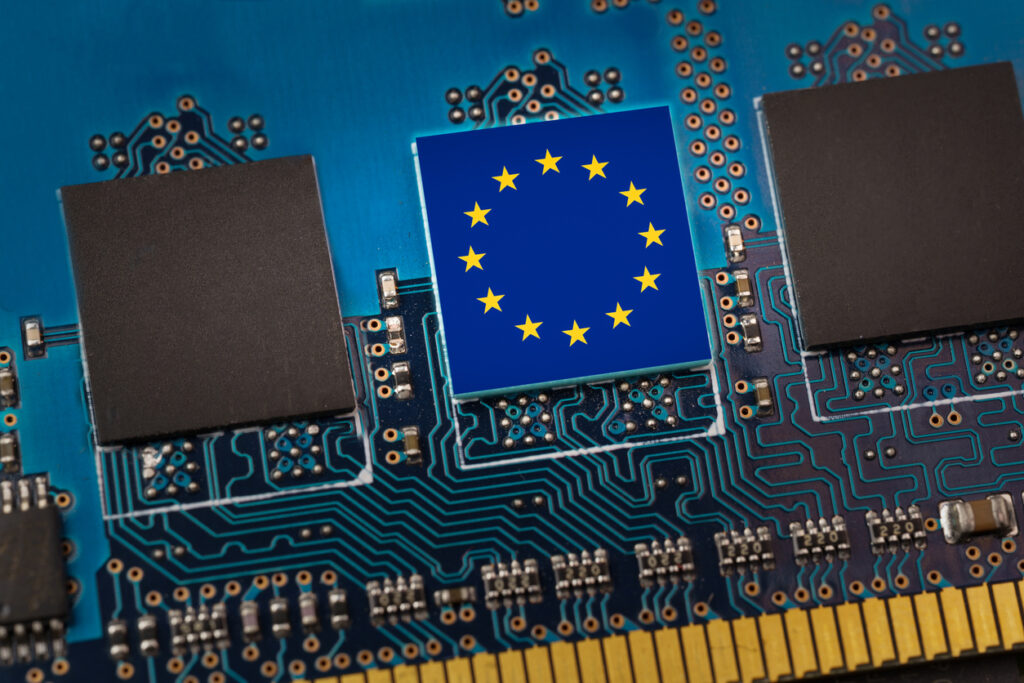As the European Union’s Digital Markets Act (DMA) has entered the final stage of its approval process, one matter the inter-institutional negotiations appears likely to leave unresolved is how the DMA’s the relationship with competition law affects the very rationale and legal basis for the intervention.
The DMA is explicitly grounded on the questionable assumption that competition law alone is insufficient to rein in digital gatekeepers. Accordingly, EU lawmakers have declared the proposal to be a necessary regulatory intervention that will complement antitrust rules by introducing a set of ex ante obligations.
To support this line of reasoning, the DMA’s drafters insist that it protects a different legal interest from antitrust. Indeed, the intervention is ostensibly grounded in Article 114 of the Treaty on the Functioning of the European Union (TFEU), rather than Article 103—the article that spells out the implementation of competition law. Pursuant to Article 114, the DMA opts for centralized enforcement at the EU level to ensure harmonized implementation of the new rules.
It has nonetheless been clear from the very beginning that the DMA lacks a distinct purpose. Indeed, the interests it nominally protects (the promotion of fairness and contestability) do not differ from the substance and scope of competition law. The European Parliament has even suggested that the law’s aims should also include fostering innovation and increasing consumer welfare, which also are within the purview of competition law. Moreover, the DMA’s obligations focus on practices that have already been the subject of past and ongoing antitrust investigations.
Where the DMA differs in substance from competition law is simply that it would free enforcers from the burden of standard antitrust analysis. The law is essentially a convenient shortcut that would dispense with the need to define relevant markets, prove dominance, and measure market effects (see here). It essentially dismisses economic analysis and the efficiency-oriented consumer welfare test in order to lower the legal standards and evidentiary burdens needed to bring an investigation.
Acknowledging the continuum between competition law and the DMA, the European Competition Network and some member states (self-appointed as “friends of an effective DMA”) have proposed empowering national competition authorities (NCAs) to enforce DMA obligations.
Against this background, my new ICLE working paper pursues a twofold goal. First, it aims to show how, because of its ambiguous relationship with competition law, the DMA falls short of its goal of preventing regulatory fragmentation. Moreover, despite having significant doubts about the DMA’s content and rationale, I argue that fully centralized enforcement at the EU level should be preserved and that frictions with competition law would be better confined by limiting the law’s application to a few large platforms that are demonstrably able to orchestrate an ecosystem.
Welcome to the (Regulatory) Jungle
The DMA will not replace competition rules. It will instead be implemented alongside them, creating several overlapping layers of regulation. Indeed, my paper broadly illustrates how the very same practices that are targeted by the DMA may also be investigated by NCAs under European and national-level competition laws, under national competition laws specific to digital markets, and under national rules on economic dependence.
While the DMA nominally prohibits EU member states from imposing additional obligations on gatekeepers, member states remain free to adapt their competition laws to digital markets in accordance with the leeway granted by Article 3(3) of the Modernization Regulation. Moreover, NCAs may be eager to exploit national rules on economic dependence to tackle perceived imbalances of bargaining power between online platforms and their business counterparties.
The risk of overlap with competition law is also fostered by the DMA’s designation process, which may further widen the law’s scope in the future in terms of what sorts of digital services and firms may fall under the law’s rubric. As more and more industries explore platform business models, the DMA would—without some further constraints on its scope—be expected to cover a growing number of firms, including those well outside Big Tech or even native tech companies.
As a result, the European regulatory landscape could become even more fragmented in the post-DMA world. The parallel application of the DMA and antitrust rules poses the risks of double jeopardy (see here) and of conflicting decisions.
A Fully Centralized and Ecosystem-Based Regulatory Regime
To counter the risk that digital-market activity will be subject to regulatory double jeopardy and conflicting decisions across EU jurisdictions, DMA enforcement should not only be fully centralized at the EU level, but that centralization should be strengthened. This could be accomplished by empowering the Commission with veto rights, as was requested by the European Parliament.
This veto power should certainly extend to national measures targeting gatekeepers that run counter to the DMA or to decisions adopted by the Commission under the DMA. But it should also include prohibiting national authorities from carrying out investigations on their own initiative without prior authorization by the Commission.
Moreover, it will also likely be necessary to significantly redefine the DMA’s scope. Notably, EU leaders could mitigate the risk of fragmentation from the DMA’s frictions with competition law by circumscribing the law to ecosystem-related issues. This would effectively limit its application to a few large platforms who are demonstrably able to orchestrate an ecosystem. It also would reinstate the DMA’s original justification, which was to address the emergence of a few large platforms who are able act as gatekeepers and enjoy an entrenched position as a result of conglomerate ecosystems.
Changes to the designation process should also be accompanied by confining the list of ex ante obligations the law imposes. These should reflect relevant differences in platforms’ business models and be tailored to the specific firm under scrutiny, rather than implementing a one-size-fits-all approach.
There are compelling arguments against the policy choice to regulate platforms and their ecosystems like utilities. The suggested adaptations would at least acknowledge the regulatory nature of the DMA, removing the suspicion that it is just an antitrust intervention vested by regulation.

